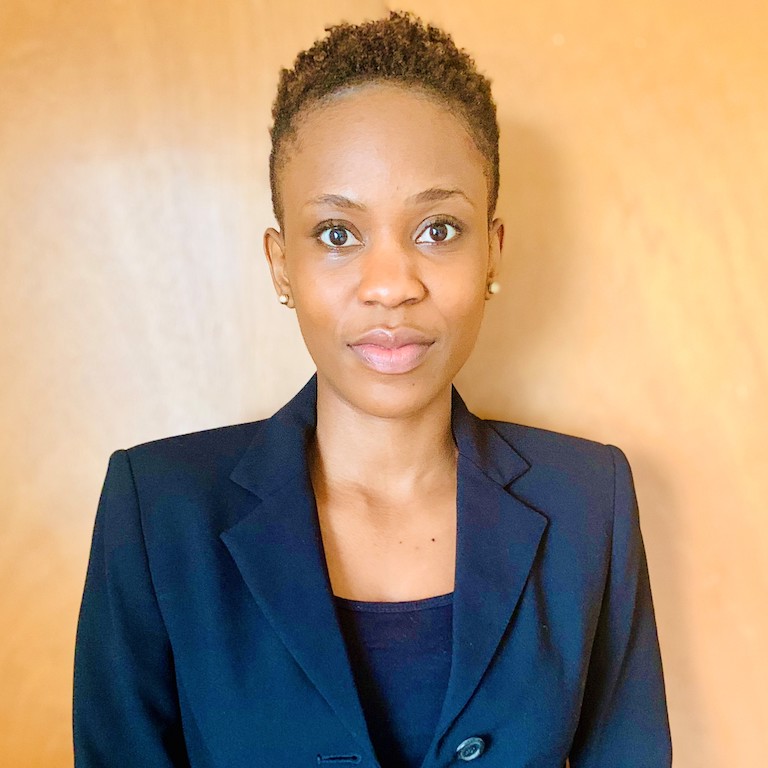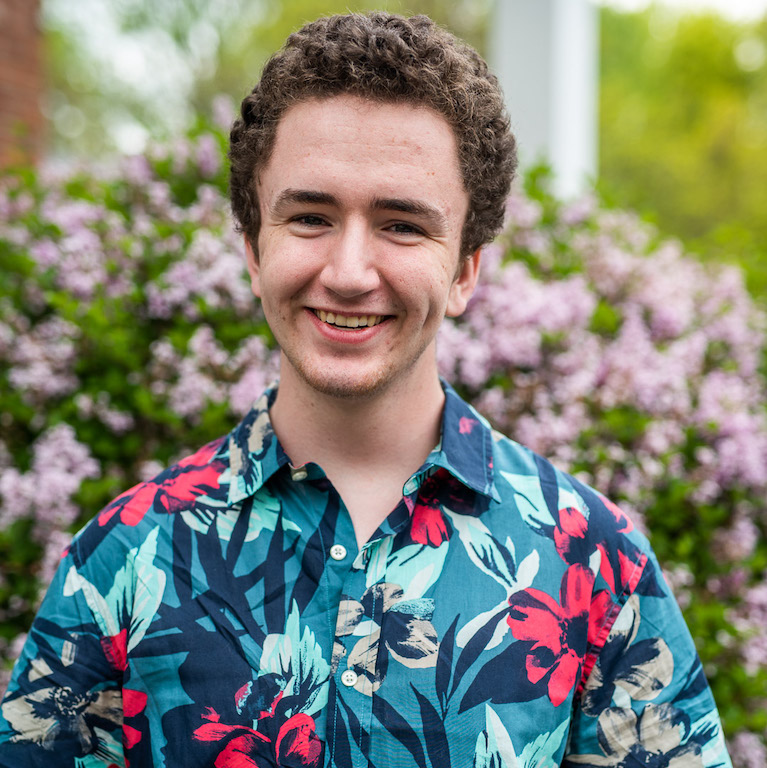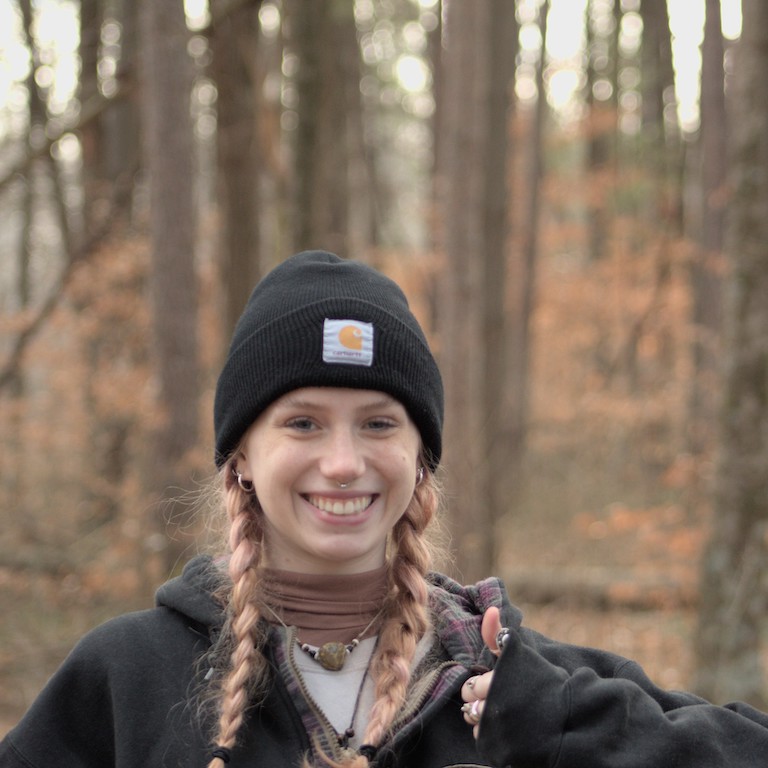Thirty-nine McKinney Climate Fellows have spent their summers working on independent projects across the state, addressing issues of sustainability and conservation alongside communities, businesses, and nonprofits. They are part of the McKinney Midwest Climate Project, hosted by IU’s Environmental Resilience Institute.
These Fellows work in towns and cities throughout Indiana on projects that are tailored to the needs of each community – these include funding for local conservation initiatives, assessing tree canopy health, working with congregations on clean energy and energy efficiency, and more.
At the end of the summer, the Fellows will gather together to informally share what they worked on and accomplished, says Danni Schaust, the resilience implementation manager of the McKinney Midwest Climate Project.
Meet a few of the College of Arts and Science’s McKinney Climate Fellows and see what they’ve been working on:





